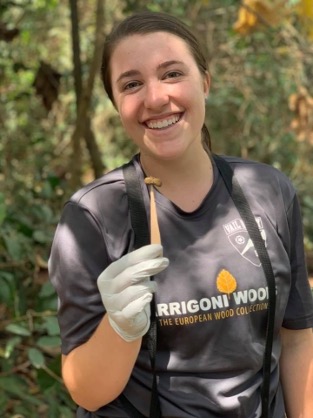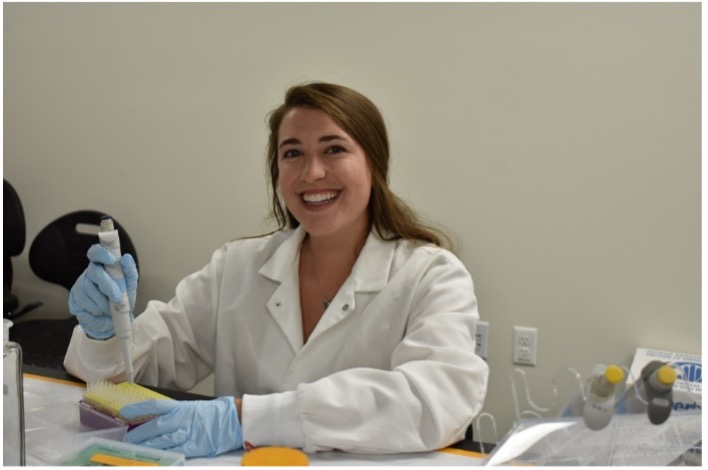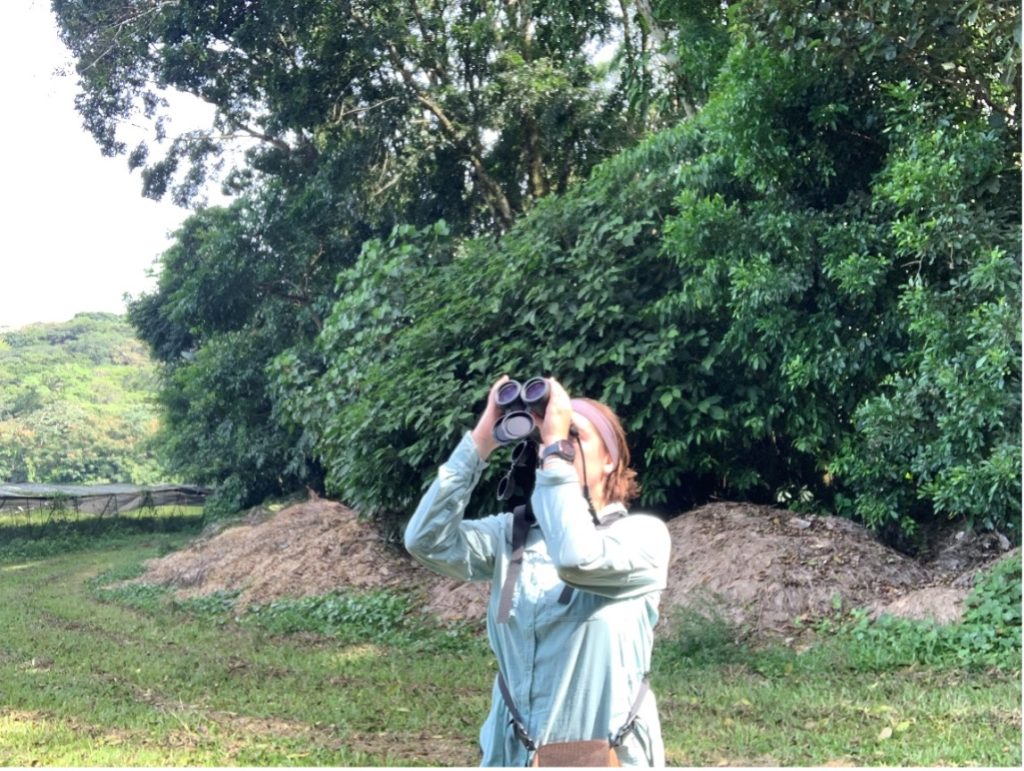
Non-invasive Biomarkers as Tools for Primate Conservation
For the last quarter of 2024, we are featuring the awardee of the first Melinda Novak Welfare Grant, Tabor Whitney, and her project, “Associations between ecological attributes, the gut microbiome, and glucocorticoid metabolites, and their impact on the welfare of Mexican mantled howler monkeys (Alouatta palliata mexicana) in Los Tuxtlas, Mexico.”
Ms. Whitney is a PhD candidate in the Anthropology Program at Northwestern University. Her research focuses on developing rapid, cost-effective, non-invasive biomarkers—such as the gut microbiome, short-chain fatty acids, and glucocorticoid metabolites—as tools for conservation. By pairing biomarker analyses with land surveys, she investigates how specific ecological attributes drive physiological shifts in the endangered Mexican mantled howler monkey. By identifying links between ecological stressors and physiological responses, her work addresses how environmental changes influence the lived experiences of these primates. Additionally, Ms. Whitney’s development of using these biomarkers as a long-term monitoring tool will enable the assessment of this species’ health and welfare over time. This will provide a means to evaluate whether various mitigation and conservation efforts effectively enhance the mantled howler monkey’s well-being and survivability and allow for the refinement of strategies to address emerging challenges.
This welfare-centric perspective complements conservation efforts by ensuring that strategies prioritize population survival while enhancing the quality of life for individual monkeys. Please see below for a video presentation of her research project.

Tabor Whitney collecting a fecal sample for analysis.

Tabor Whitney in the lab.

Tabor Whitney watching monkeys in the field.
Ms. Whitney can be reached at taborw@u.nothwestern.edu